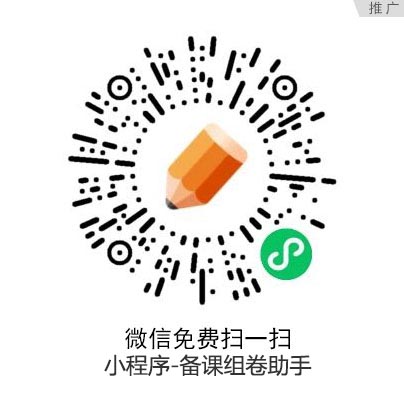广东省深圳市龙岗区2023-2024学年高三上学期1月期末英语试题试题详情
阅读理解
Imagine that you've just finished taking a multiple-choice test, and you start to second-guess one of your answers. You have some extra time — should you stick to your first instinct (直觉) or change it? About three quarters of students are convinced that changing their answers will hurt their scores. Experience indicates that many who change answers change to the wrong answer.
Despite the lessons of experience, what does evidence say? In a review of thirty-three studies, three psychologists found that the majority of answer changes were from wrong to right. Teachers have also found that students' final exams have few eraser marks, but those who do rethink their first answers rather than sticking to them end up improving their scores. This phenomenon is known as the first instinct fallacy (谬误).
We don't just hesitate to rethink our answers. We hesitate at the very idea of rethinking. Take an experiment where hundreds of college students learned about the first instinct fallacy for example. Researchers taught them about the value of changing their minds and gave them advice on when it makes sense to do so. In their next two tests, they were still unlikely to change their answers.
Part of the problem is cognitive (认知的) laziness. Psychologists point out that we favor the comfort of firmly-held beliefs over the discomfort of doubt. Questioning ourselves makes the world more unpredictable. It requires us to admit that the facts may have changed, and that what was once right may now be wrong.
We've all heard about the popular story where a frog would immediately escape if dropped into boiling hot water, but it would stay if the water was gradually heated. However, it isn't true.
The frog will escape as soon as the water gets uncomfortably warm. It is just once we hear the story and accept it as true, we rarely bother to question it. So, it's not so much changing your answer that improves your score as considering whether you should change it.
试题所涉知识点




